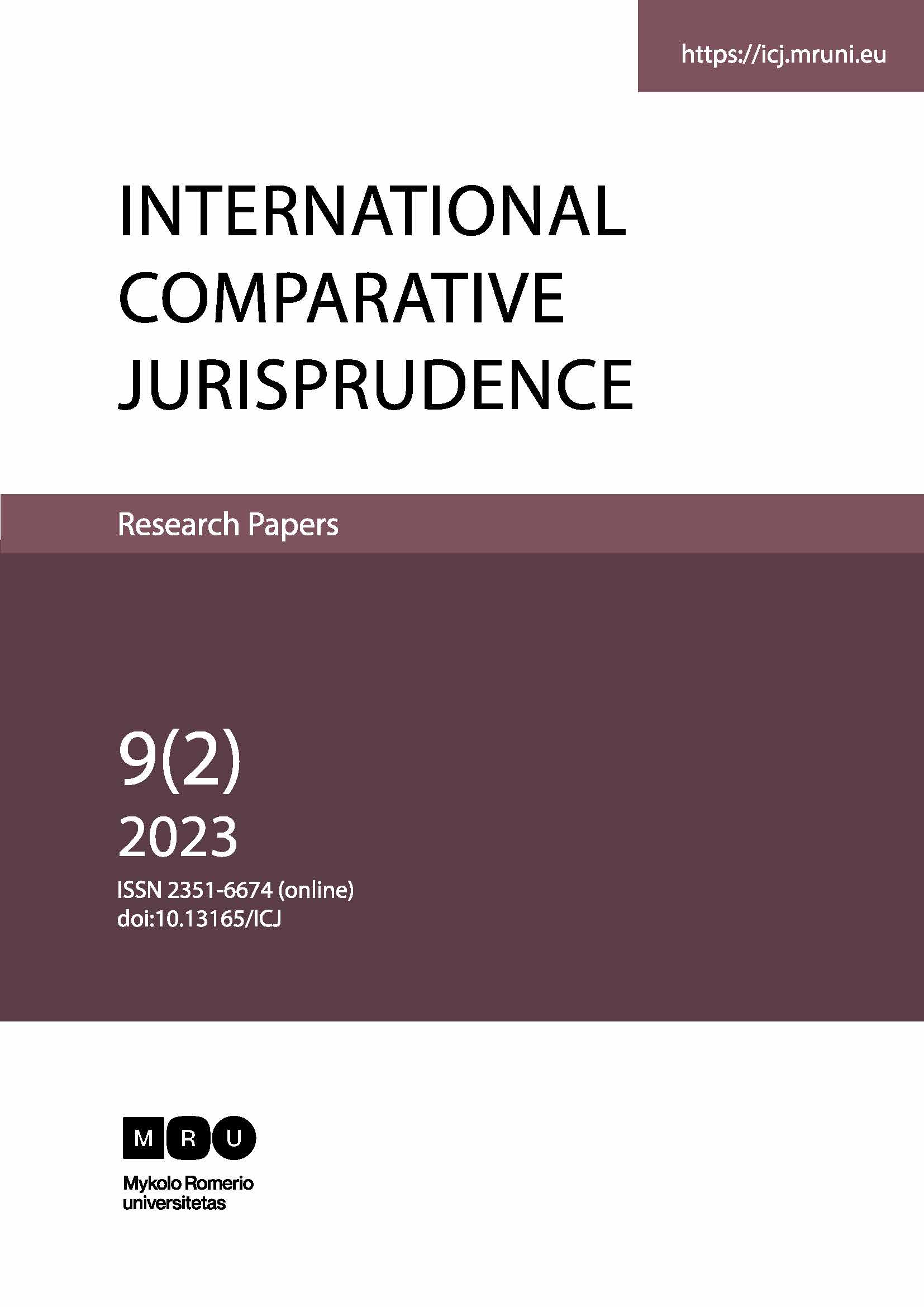FREE, PRIOR, INFORMED CONSENT AS A LEGAL PRINCIPLE AND ITS LINK TO THE RIGHT TO FREEDOM OF CONSCIENCE
##plugins.themes.bootstrap3.article.main##
Abstract
In two judgments on the judicial review of the Law Concerning Minerals and Coals and the Law Concerning Forestry that related to the existence of indigenous peoples, the Constitutional Court of Indonesia did not recognize free, prior, informed consent (FPIC) as a consideration, even though this concept was discussed in court. The Court emphasized the importance of first proving the existence of indigenous peoples and that indigenous peoples that no longer exist should not be revived. This argument carries the risk of putting aside the possibility to exist of indigenous peoples that may still try to exist after having been expelled or forced out of their territories. FPIC as a legal principle is rooted in the right to self-determination of indigenous peoples who are vulnerable to losing their living space when dealing with the State in the name of public interest and development. This right to self-determination is in line with freedom of conscience, where the recognition of indigenous and tribal peoples means the recognition of a set of expressions of values, beliefs, and ways of life of a community group. Thus, the aim of this article is to discuss the essence of free, prior, informed consent as a legal principle in Indonesian law and its link to the universal right to freedom of conscience as interpreted by the European Court of Human Rights. In the end, the paper concludes that both legal concepts are closely linked, particularly when it comes to indigenous communities and their rights. Both legal concepts are crucial to safeguarding the rights of these communities to preserve their identity, the ways of its expression, and other practices.
##plugins.themes.bootstrap3.article.details##
Authors contributing to International Comparative Jurisprudence agree to publish their articles under a Creative Commons Attribution 4.0 International Public (CC BY) License.![]()







